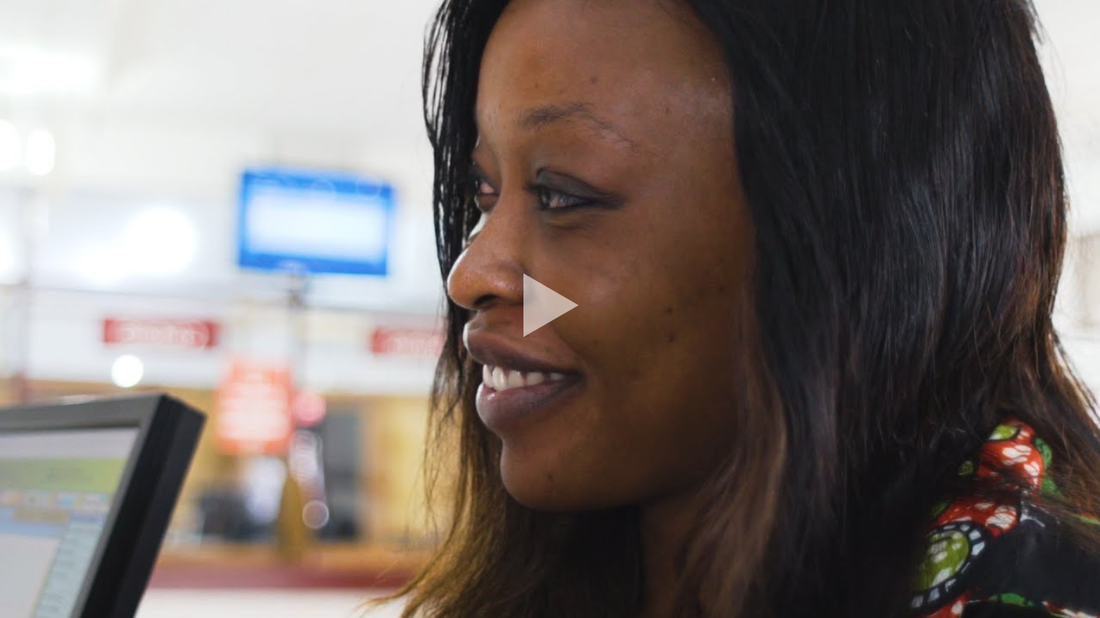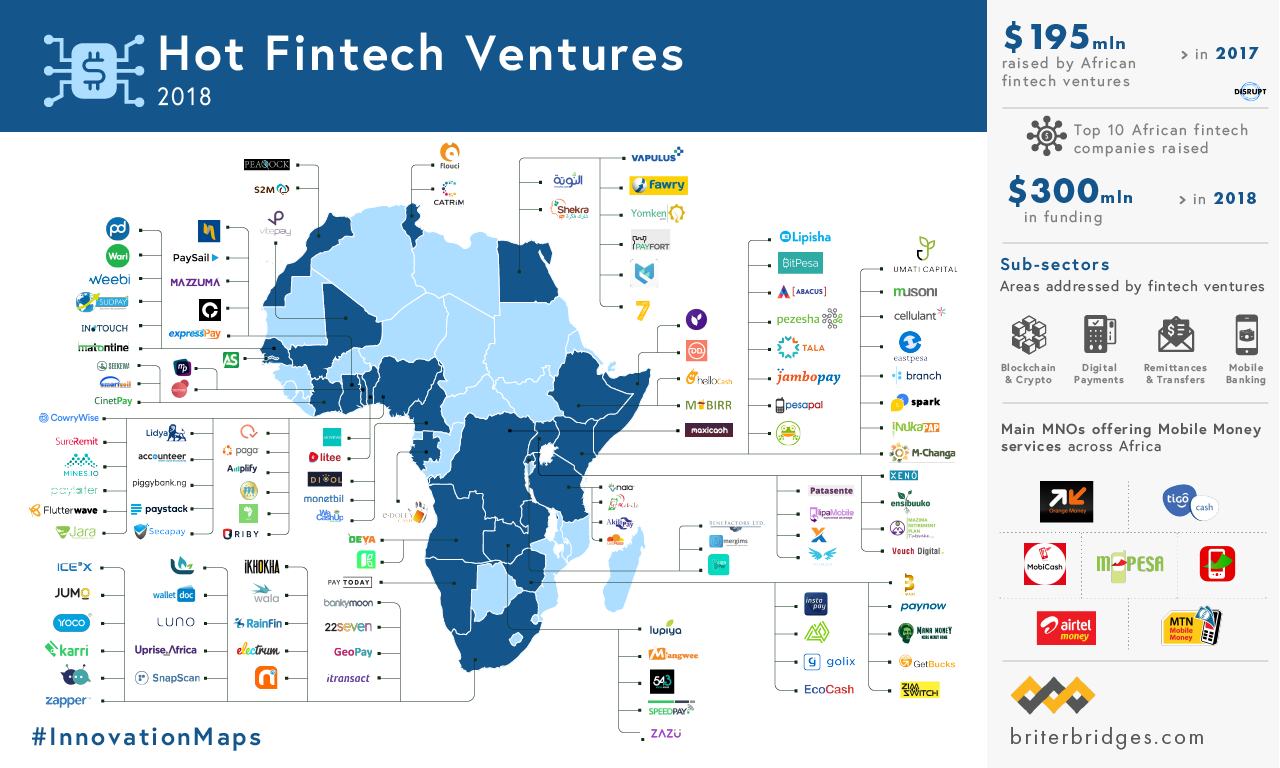Meet EveryFarmer, a Nigerian agritech startup levelling the playing field for subsistence farmers3/30/2020
There is no doubt that the agricultural sector has a sizeable economic and social impact globally. A recent Mckinsey report noted that 60% of Sub-Saharan Africa population consists of smallholder farmers and around a quarter of its GDP is generated by agriculture. Yet smallholder farmers sit at the bottom of the pile for the inflow of investment in the agricultural sector.
The agricultural industry in Africa remains a vast field of opportunities for savvy investors, particularly as more and more African entrepreneurs are working hard on discovering new solutions to age-old farming challenges. One such trailblazer is Nigerian agritech startup, EveryFarmer. Its founder, Luna Bawa, spoke with AfriTech XYZ's Chief Do-er, Bayo Adelaja, to give us insight into how this platform is supporting smallholder farmers in Nigeria.
In this episode, Bayo Adelaja spoke with Helen Lin, Head of Innovation and Strategic Partnerships at FINCA Impact Finance (FIF), one of the leading microfinance organisations around the world.
Present in 6 African countries, FIF is creating socially responsible opportunities for Africans to access finance digitally as well as through branches.
FINCA Impact Finance is leveraging the power of technology to expand financial inclusion, putting financial power in the hands of or around the corner from our customers, no matter where they live.
Financial inclusion has seen unprecedented growth over the years and it shows no signs of slowing. According to research carried out by the Mastercard Foundation, “in 2011 the level of financial inclusion in Sub-Saharan Africa was just over 23 percent. In 2017, it was almost 43 percent, with a significant increase coming from digital financial services.” Read more. According to Findex, while the share of adults in Sub-Saharan Africa with a financial institution account barely budged, the share with a mobile money account almost doubled to 21 percent. In every other region of the world, mobile money use is lower than 10 percent.” Read more. This growth is due to the growth of “hot fintech ventures” across the continent, some of which are included in the 2018 Briter Bridges sector map below.
However, the innovation being carried out by large scale institutions like FINCA Impact Finance is the bedrock of the move towards financial inclusion. We had a fantastic conversation about the transition to branchless banking, which Helen covers in more depth in this report.
As Helen rightly points out in the interview, traditional banking institutions are still best equipped to navigate the regulatory aspects of very difficult markets Lean in as we have a no holds barred conversation with a verified shaper of Africa’s finance industry, Helen Lin. AfriTech XYZ Cohort Update
#AfriTechTrends: Renewables & Big Tech in Africa:
A colossal two-thirds of the entire Nigerian economy is classified as the ‘informal economy’, worth millions and largely cash-based. The sector creates significantly more employment opportunities than its formal economy, with a large proportion of the population operating as small to medium-sized enterprises (SMEs). The informal economy is predominantly cash-based, making it difficult to own a credit footprint. This is also partly because a limited means of formally identifying people has resulted in an absence of traceable data and financial records. Most Nigerians (and Africans in general), find it difficult to access formal financial products or services for this reason.
|
Archives
September 2023
|



 RSS Feed
RSS Feed




